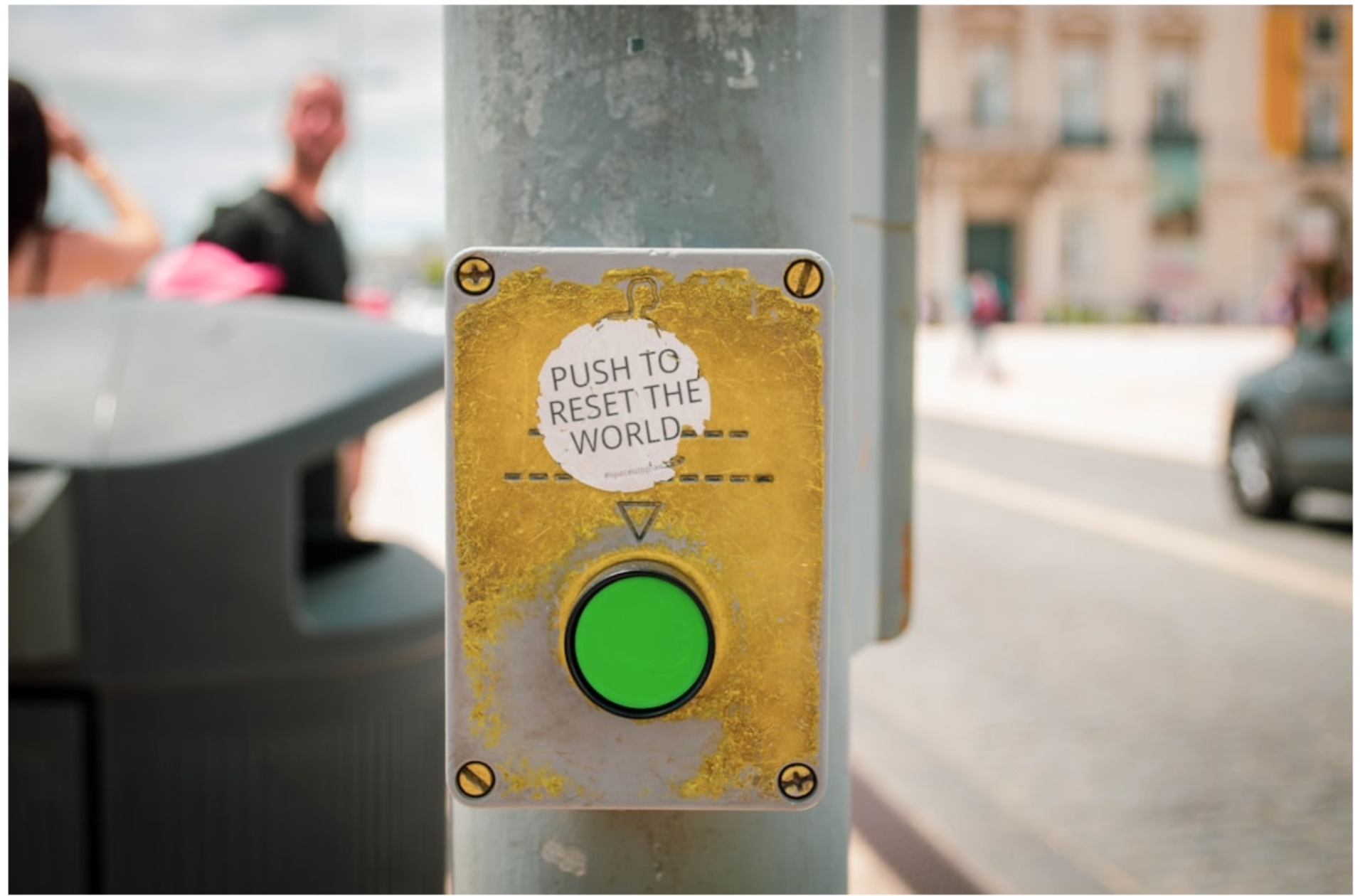5 Basic Rules
for Communication
in Remote Teams
We all know how stressful it can be to work in a remote team. Sometimes, you send a message and wait for hours for a reply, or someone completes a task differently than you expected because they misunderstood it…
Luckily, our team doesn’t have these issues anymore—we work smoothly and efficiently. We’ve created a set of rules that help us "stay calm" and communicate clearly, even when we're miles apart.
Each rule comes from our own mistakes and experiences. If you follow them, you can avoid problems and boost your work efficiency. So, here are 5 basic communication rules for remote teams from Etcetera:
1) If you don’t understand, ask
One of our golden rules is, "If you don’t understand, ask." There’s no shame in asking questions—in fact, it’s awesome! It shows you're engaged and that you care. Don’t know a word? Ask! Didn’t catch the task? Ask again! Overwhelmed with abbreviations? Don’t stay silent, ask! This shows you're detail-oriented and invested in your work. We really value active colleagues like this. When everyone understands everything, work flows smoothly. So, don’t be shy—ask away.
2) If you’re unsure, clarify
Has this ever happened to you? You get a task and think, "I’ve done this a hundred times, I got it." But then it turns out you did something completely different. Sound familiar?
Even if you think you know it all, don’t rush. Your experience is great, but it can sometimes lead you astray. If we all think of a fruit right now, everyone will imagine a different one. It's the same with tasks! That’s why it’s always worth checking if you're on the same page—talk through how each person understands the task and clarify all the details.
Don’t be afraid to clarify! It’s not being picky; it’s being professional. A pro knows it’s better to spend a minute clarifying than a day redoing.
3) Got a problem? Speak up, then solve it
Sometimes, the scariest thing at work isn’t a tight deadline or a tough task—it’s unexpected problems that no one knows about. We avoid this with our rule: "Got a problem? Speak up, then solve it."
Always let the team know if something isn’t going right. Here’s the process:
- Mention the problem and what it affects.
- Validate with the team (or the client, depending on the case) that it’s a real problem and needs to be solved now.
- Decide who will solve it (it could be your responsibility, or it might not be).
Bonus: if it’s a problem we’ve tackled before, the team might already have a “shortcut” solution. But you’ll only find out if you speak up.
There’s no such thing as "bad news." There’s just information that helps us get better and find efficient solutions with minimal stress and time.
4) If it’s urgent, shout before it’s too late
For personal emergencies, we have a special rule: "Shout before it’s too late."
Life happens—you get sick, the power goes out, you’re stuck at the airport, or swamped with another project—and work comes to a halt. Shout “It’s urgent!” and don’t waste time hoping, “Maybe it’ll fix soon”—if it does, great! But if not, at least everyone’s prepared.
When the team knows about possible issues, we can find the best solution in the moment, adjust deadlines, or reassign tasks.
Don’t try to be a superhero—just let us know you’re struggling. Being honest about difficulties isn’t a weakness; it’s a sign of responsibility.
5) Transparency now
Another simple but important rule in our team is "Transparency now." In remote work, we can’t see what others are up to, so we need to be clear in our communication.
Imagine you send an important message or task to a colleague, and there’s silence. You start worrying—did they even get your message? They might already be working on it, but you don’t know that, so you ask someone else for help. This wastes team time and reduces efficiency.
We suggest always replying within an hour and clearly indicating your actions:
- Use an emoji to show you’ve seen the message and are aware.
- If you received a task, mention when you can start or finish it.
- Let others know if you can’t do it.
This rule helps everyone stay in the loop and maintain clarity in task execution. When we all follow "Transparency now," it ensures efficient work and reduces stress from uncertainty.
We introduce these rules during onboarding, so new team members understand Etcetera’s philosophy from day one and fit into our smoothly working system, both internally and in client communication. Try using them within your own team and see how much easier it becomes to solve what once seemed like “complex” issues.
More Articles

How SEO Is Changing in the Age of AI
21-10-2025
AI is transforming search. Learn how SEO evolves into AEO and GEO — where visibility means being cited in AI answers, not just ranked in results.

Keeping the Human Mind Sharp When AI Can Do It All
16-10-2025
AI makes work easier, but thinking harder. Learn how to stay creative, critical, and human in the age of intelligent machines.

AI Workslop: Why Businesses Pay Freelancers to Fix AI
07-10-2025
AI speeds up work but often creates “workslop” - results that look complete yet lack value. Freelancers are the ones turning them into quality.

Disney Creative Strategy: How Ideas Become Reality
03-10-2025
Disney Creative Strategy: dream, plan, critique — a tool to guide ideas from imagination to real-world results.

Upwork Boost: Increasing Freelancer Profile Visibility
29-09-2025
Discover how Upwork’s Available Now badge and Profile Boost work, their costs, pros and cons, and which boost is best for freelancers or agencies.

10 Posts to Help You Get Started on Upwork
29-09-2025
We’ve gathered a set of articles to guide you through the essentials — from setting up your profile to building long-term client relationships.

Etcetera summer 2025 report
26-09-2025
Etcetera summer 2025 results: quiet season, new team members, shifting Upwork rules, and plans for an active autumn.

Upwork Feedback: a trust tool you should learn to read and write
22-09-2025
Upwork feedback is more than stars — it builds trust, shapes reputation, and guides choices. Learn how to read, request, and write reviews effectively

7 Hats: a thinking tool that saves time and nerves
08-09-2025
Instead of mixing emotions, facts, and criticism in chaos — this method by Edward de Bono helps separate thinking modes.

Upwork: From Simple Fees to Pay-to-Play
29-08-2025
Discover how Upwork’s fees evolved from flat 10% to a pay-to-play model with Connects, boosts, and variable 0-15% commissions in 2025.

Upwork Reset 2025: How to Refresh Your Freelance Strategy
25-08-2025
Discover 5 practical steps to reset your Upwork strategy in 2025: update skills, rethink pricing, optimize proposals, and grow with the market.

How to Build a Team That Won’t Fall Apart in a Crisis
22-08-2025
How to build a strong team that survives crises: Denys Safonov shares lessons from 11 years of leading the agency Etcetera through global challenges.
